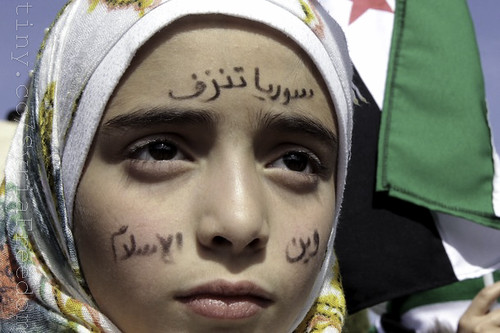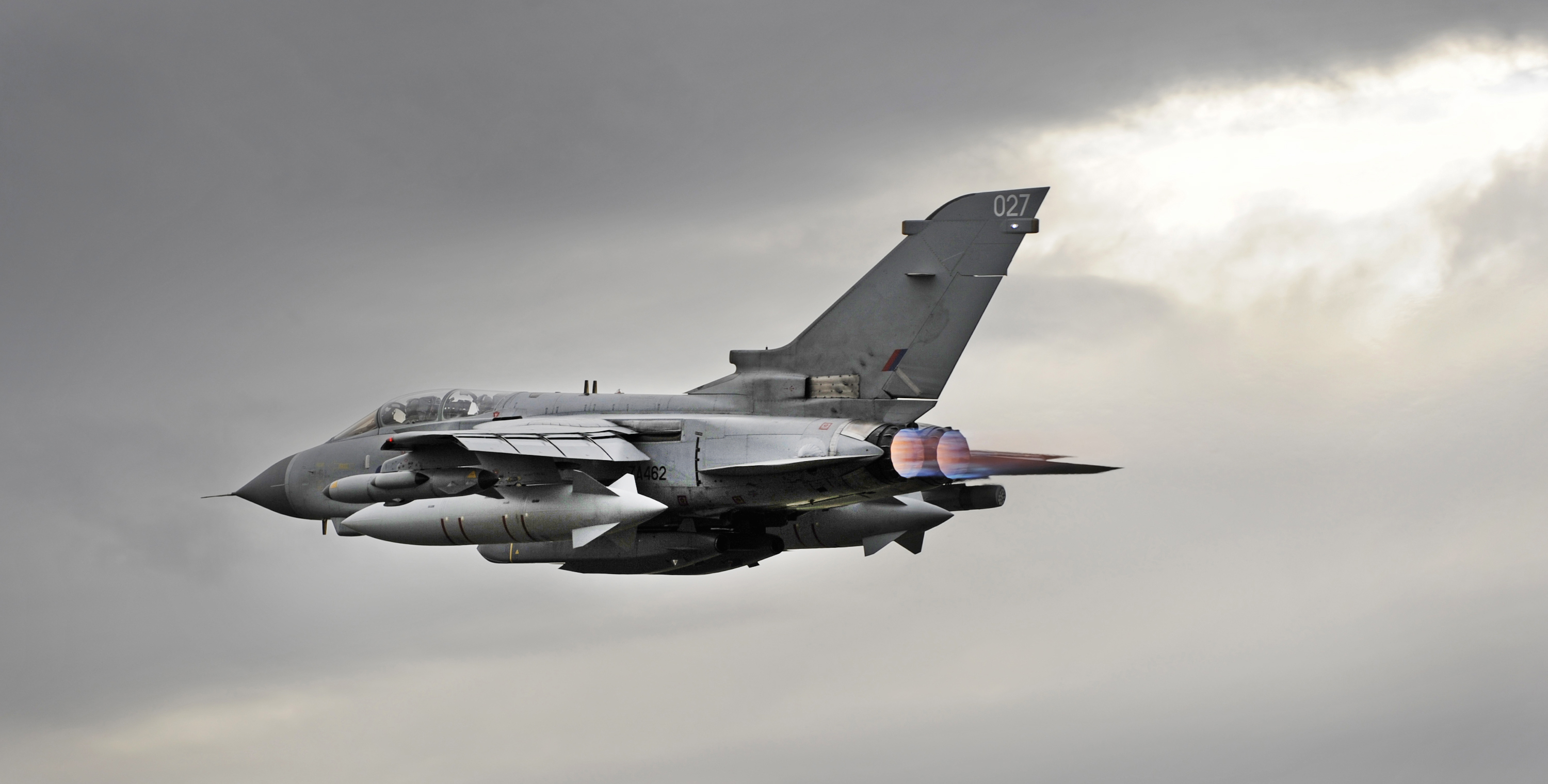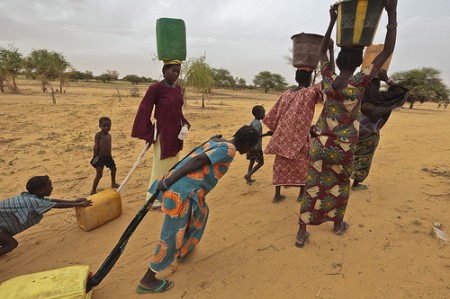
CAMBRIDGE – More than 130,000 people are said to have died in Syria’s civil war. United Nations reports of atrocities, Internet images of attacks on civilians, and accounts of suffering refugees rend our hearts. But what is to be done – and by whom?
Recently, the Canadian scholar-politician Michael Ignatieff urged US President Barack Obama to impose a no-fly zone over Syria, despite the near-certainty that Russia would veto the United Nations Security Council resolution needed to legalize such a move. In Ignatieff’s view, if Syrian President Bashar al-Assad is allowed to prevail, his forces will obliterate the remaining Sunni insurgents – at least for now; with hatreds inflamed, blood eventually will flow again.



